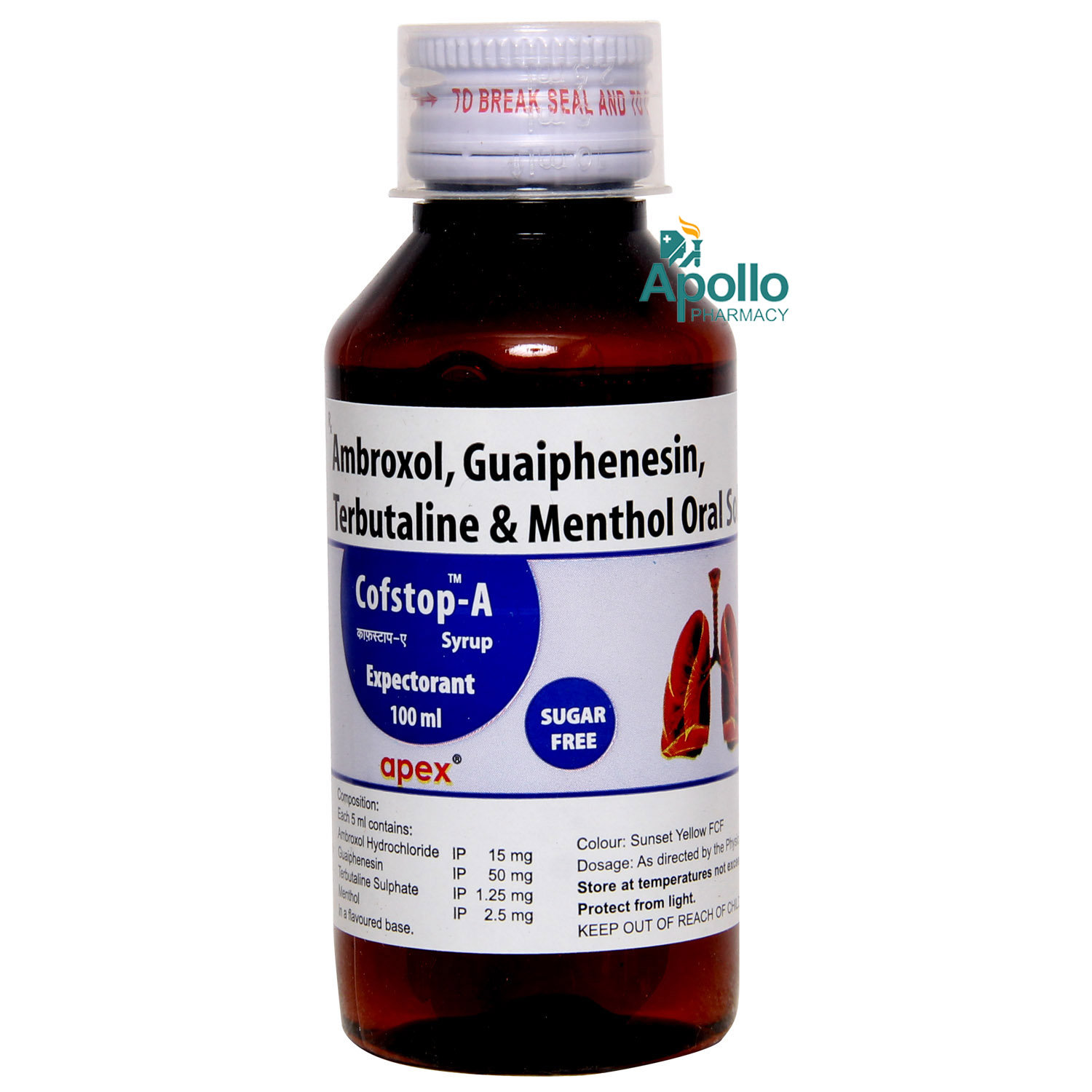Hystalin Syrup 100 ml
MRP ₹50
(Inclusive of all Taxes)
₹7.5 Cashback (15%)
Extra 10% Off with Bank Offers
Provide Delivery Location
Non returnable*
COD available
Online payment accepted
 Prescription drug
Prescription drugWhats That
All Substitutes & Brand Comparisons
RX
Out of StockBroncho-AM Syrup
₹35
(₹0.32/ 1ml)
28% CHEAPERRX
Out of StockAvicof X Syrup
₹45
(₹0.41/ 1ml)
8% CHEAPERRX
Out of StockArolin-XN Syrup
Haledew Remedies
₹30
(₹0.45/ 1ml)
FAQs

Have a query?
Buy Now
Add to Cart









